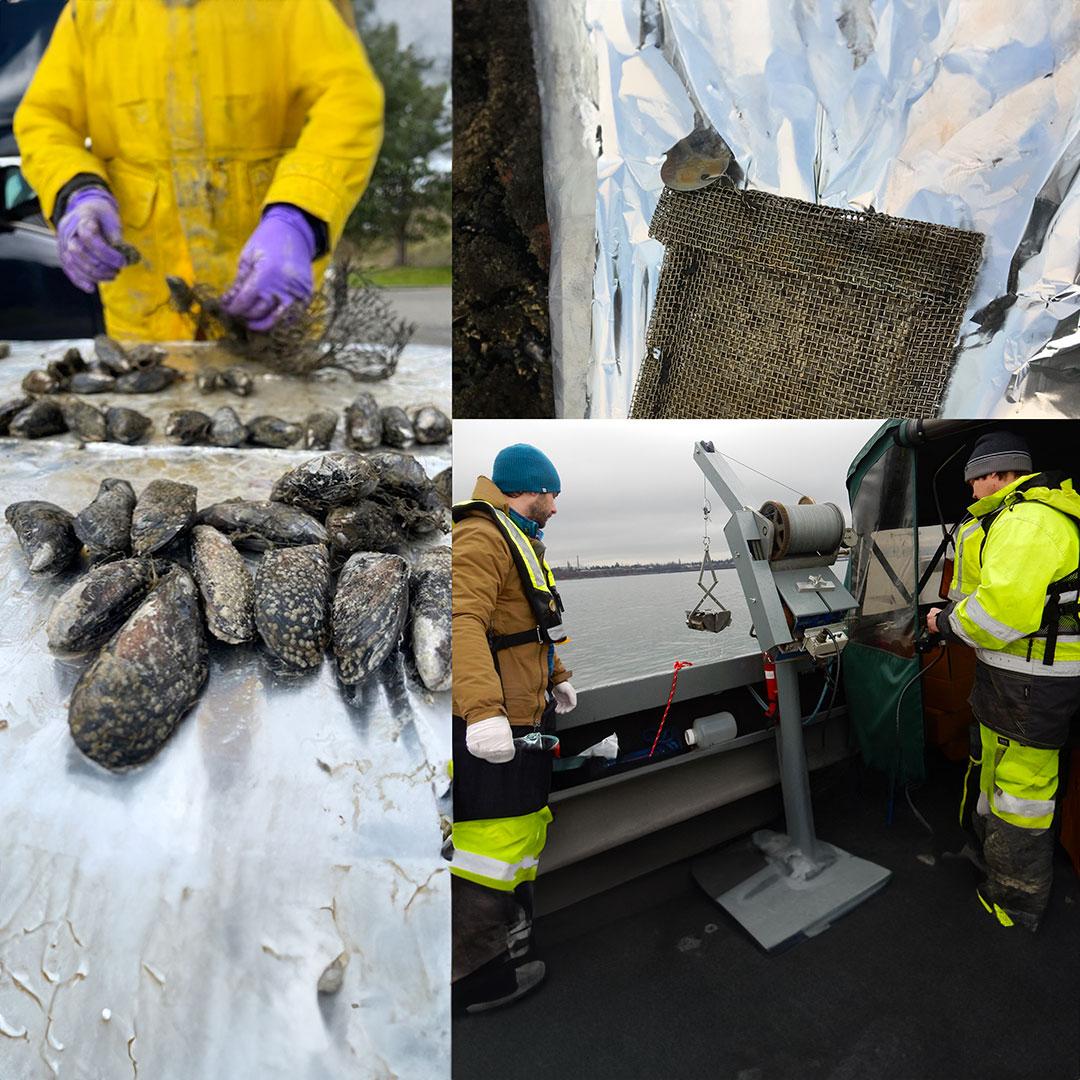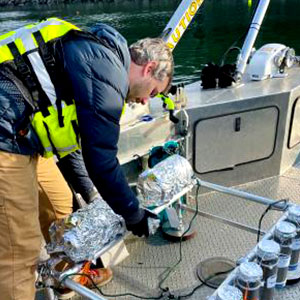
Event Details
When:
-
Location:
Online: Zoom
In-Person at WWU:
Academic West 204
Price:
Free
Brought to you by:
College of the Environment, The Foundation for WWU & Alumni
Description
Check out this video to watch the Coastal Habitats in Puget Sound.
Puget Sound is one of the largest estuaries in the United States. The area's unique geology, climate and nutrient-rich waters create and support biologically productive coastal habitats. Population growth has contributed to the degradation of Puget Sound, including declines in fish and wildlife populations, water quality issues, and changes in coastal habitats. The US Geological Survey has been conducting interdisciplinary studies in Puget Sound since 2006 through its Coastal Habitats in Puget Sound (CHIPS) project to address these challenges. Recently, the CHIPS program conducted research in Bellingham Bay to understand contaminant transport, biological uptake, and toxicity. This talk will cover the findings of these studies and the implications for the Sound's ecosystem.
The Environmental Speaker Series is free and open to the public. Talks are held each Thursday at 4:30pm in Academic Instructional Center West, room 204. Join us at WWU or online on Zoom!
Featuring:

Andrew Spanjer, Speaker
Hydrologist, US Geological Survey
Andrew Spanjer is a hydrologist at the US Geological Survey Washington Water Science Center, where he researches the occurrence, fate, and biological effects of aquatic contaminants. He grew up in Port Angeles, WA and currently lives in Bellingham. Through working with local communities and tribes, Andrew’s work focuses on legacy and emerging contaminants in rivers, estuaries, and the nearshore and their impacts on Pacific salmon, forage fish, and benthic communities. He received his undergraduate degree from Western Washington University’s College of the Environment and completed his graduate work at the University of Washington’s School of Aquatic and Fishery Sciences.
Questions and Accommodations
Contact The Foundation for WWU & Alumni for this event if you have questions or need disability accommodations by calling (360) 650-3353 or emailing Alumni@wwu.edu.
Advance notice for disability accommodations and special needs is greatly appreciated. Please indicate your special needs on the registration form. There will be auto-captions available for the Zoom webinar.
Limited paid parking is available in the C lots at the south end of campus and in lots 6V and 7G at the north end of campus. Western provides comprehensive parking details—including lot locations, applicable fees, and campus map. Please note that parking in the C lot and 12A by Fairhaven College is free after 4:30pm on weekdays and all hours on weekends.
The views expressed by our speakers do not necessarily reflect those of Western Washington University.